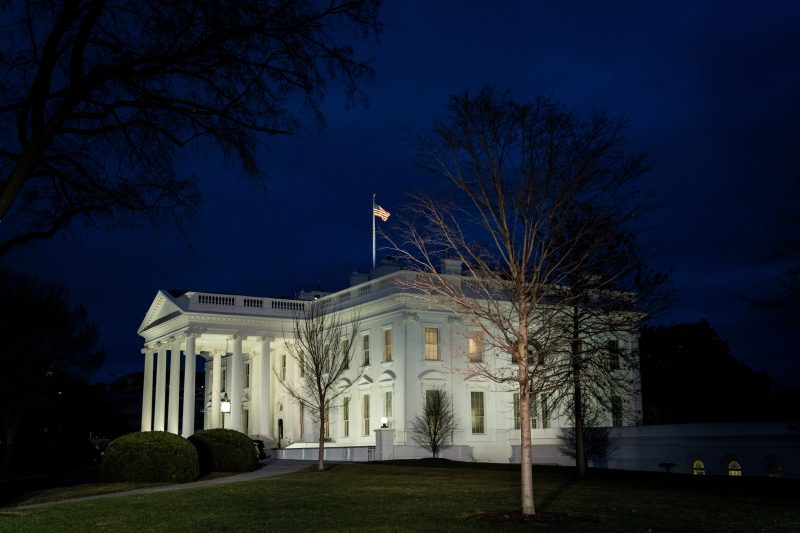The Thin Veneer Over Trump’s Fascistic Rhetoric
In recent years, the political landscape in the United States has been fraught with tension and division, with heightened rhetoric and polarization becoming increasingly common. One figure who has been at the center of this discourse is former President Donald Trump. Trump’s ascension to power brought about significant shifts in political discourse, characterized by a combative and often controversial rhetoric that has polarized public opinion and challenged democratic norms.
Central to Trump’s rhetoric is a populist appeal that seeks to rally support by positioning himself as a champion of the average American. This strategy has been effective in energizing his base and creating a narrative of populism that resonates with many disaffected voters. However, beneath this veneer of populism lies a darker undercurrent of authoritarian tendencies and fascistic rhetoric that have raised concerns among critics and political observers.
One of the key elements of Trump’s rhetoric is his frequent demonization of political opponents and the media. Trump has repeatedly attacked the press as fake news and labeled his critics as enemies of the people. This strategy of delegitimizing dissenting voices and undermining the free press is a classic tactic used by authoritarian leaders to consolidate power and suppress opposition.
Furthermore, Trump’s appeals to nationalism and xenophobia have played a significant role in shaping his political agenda. By stoking fears of immigrants and promoting a narrative of America first, Trump has tapped into nationalist sentiments that resonate with a segment of the population. This focus on an exclusionary and nativist worldview serves to divide society along ethnic and cultural lines, further exacerbating existing tensions.
Another troubling aspect of Trump’s rhetoric is his open admiration for authoritarian leaders and strongmen around the world. From praising Vladimir Putin to expressing admiration for Kim Jong-un, Trump has displayed a pattern of cozying up to autocrats and dictators, sending a message that strongman tactics are to be emulated rather than condemned.
The erosion of democratic norms and the rule of law under the Trump administration further underscore the fascistic tendencies present in his rhetoric. From his attacks on the judiciary to his efforts to undermine the integrity of the electoral process, Trump has demonstrated a willingness to bend institutions to his will in pursuit of power.
In conclusion, while Trump’s populist rhetoric may have resonated with a segment of the American public, it is essential to recognize the thin veneer that masks the darker elements of his fascistic tendencies. By dissecting the components of his rhetoric and actions, it becomes clear that Trump’s brand of politics poses a significant threat to democratic governance and the principles that underpin a free society. It is incumbent upon citizens and leaders alike to remain vigilant in safeguarding democratic institutions and upholding the values of justice, equality, and liberty that define a functioning democracy.




























